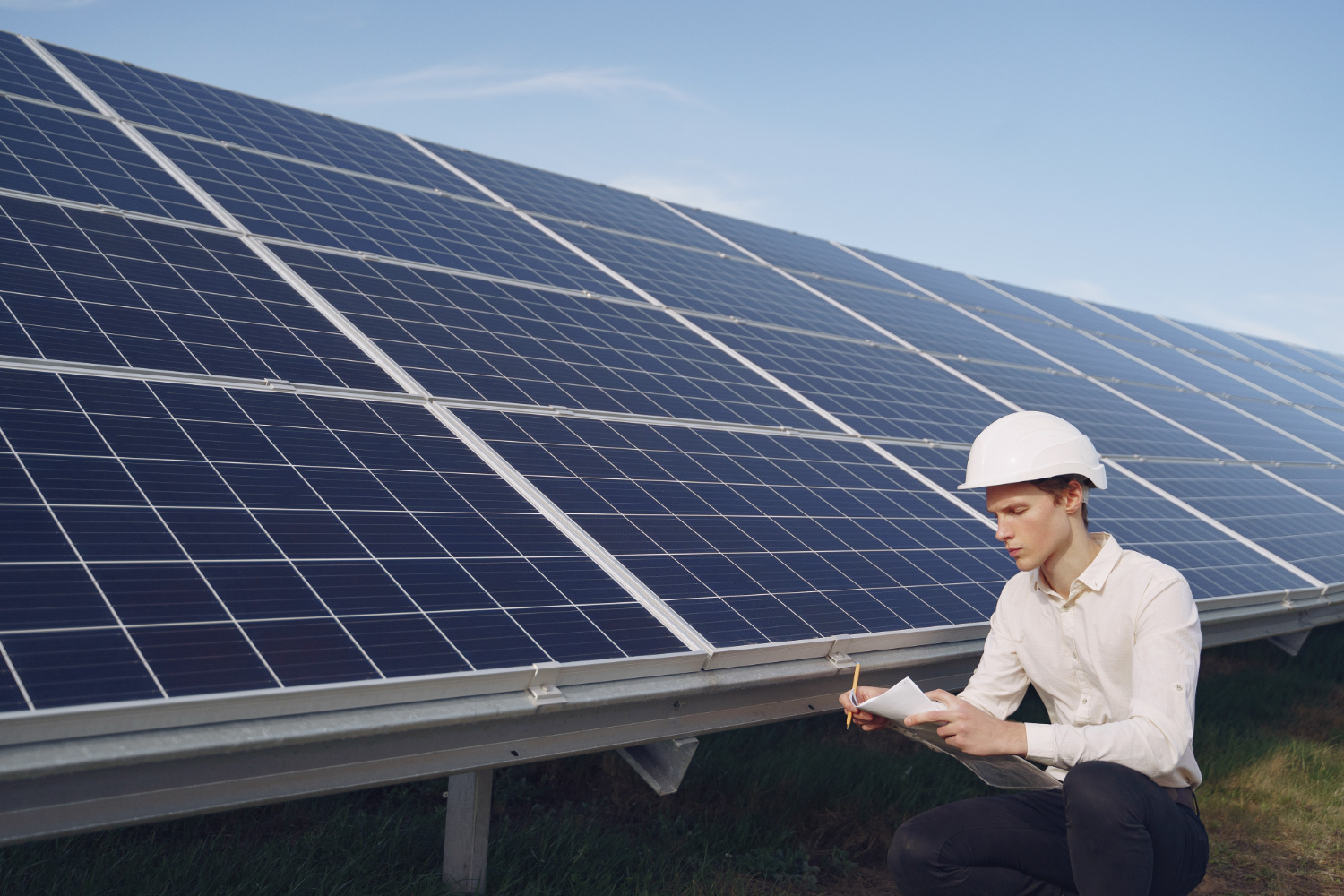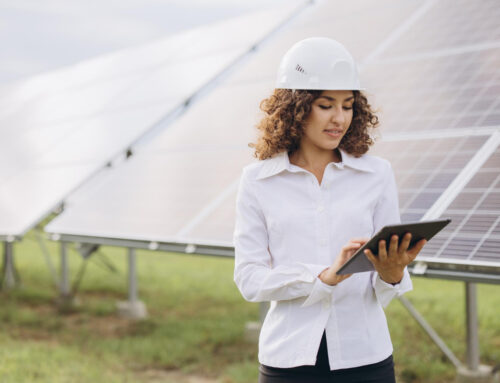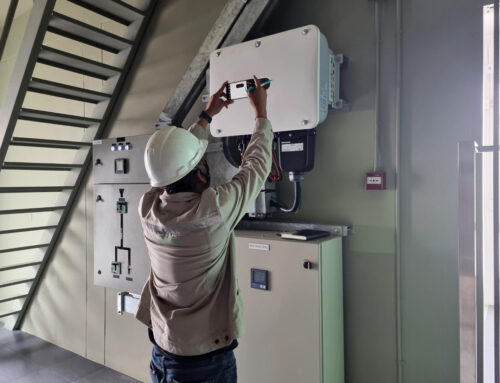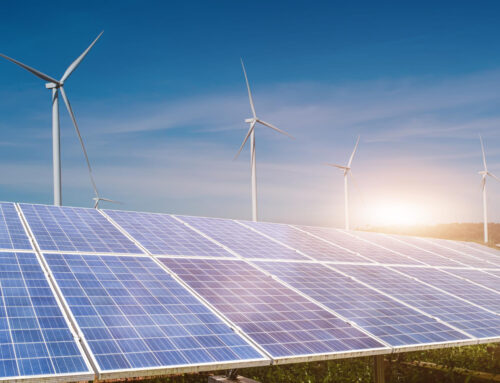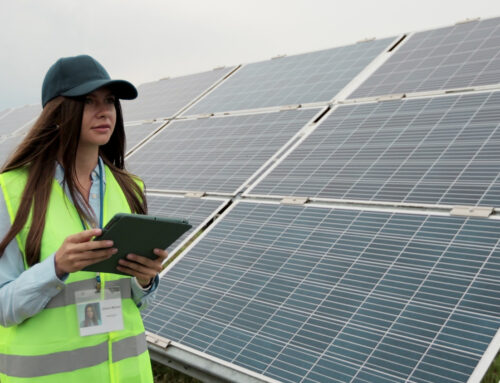Solar energy has quickly become a key player for businesses aiming to cut costs and embrace sustainability. As more organisations look to harness the sun, understanding the warranties behind solar panels becomes crucial. Not all solar warranties are created equal, and it’s important to know the specifics to protect your investment.
One critical area often misunderstood by businesses involves warranty escape clauses. These clauses can limit coverage and leave companies with unexpected costs down the road. Knowing what these clauses are and how they might affect your project offers a layer of protection and helps in making informed decisions about solar installations for commercial use.
Understanding Warranty Escape Clauses in Solar Panels
Warranty escape clauses are conditions that can nullify the warranty of solar panels. These clauses signal situations where the manufacturer might refuse to cover damages or issues, leaving businesses to shoulder the costs. For commercial installations, this clarity is vital because it impacts potential returns on solar investment and long-term reliability.
Common escape clauses you might encounter include:
1. Saline conditions: Panels installed in coastal areas could face warranty issues due to salt exposure.
2. Low roof pitches: Installations on roofs with pitches below 10 degrees risk warranty voids due to inadequate water drainage.
3. Partial shade: Panels in shaded areas might not be covered for potential problems.
Each of these conditions can significantly influence a solar panel’s performance over time, leading to potential hot spots or failure. Businesses must thoroughly review these clauses to avoid problems in regions with these conditions.
Why Saline Conditions Affect Warranties
For businesses situated near the coast, the beautiful views come with an unseen cost. Saline air from the ocean can corrode metal components, including the frames of solar panels. Over time, salt exposure can lead to deterioration which might not be covered under standard warranties.
Salt can accelerate wear and tear, affecting everything from the panel coatings to the metal mounts and wiring. This reduction in lifespan or efficiency leads many manufacturers to include specific clauses that exclude coverage in saline environments. Understanding this gives companies the foresight to choose the correct solar panels that don’t just promise performance but can also deliver in salt-heavy regions.
Commercial sites near the coast need technology that is proven to function without corrosion-related breakdowns. While some panels may perform well initially, their warranties often exclude damage from prolonged exposure to salty environments. That means any future issues could fall outside the coverage. It becomes a preventable risk that many businesses wish they had understood before installation.
Challenges of Low-Pitched Roofs
Solar panel installations on low-pitched roofs often face their own set of challenges. Roofs with a pitch below 10 degrees don’t allow for adequate rainwater runoff. This insufficient drainage means water doesn’t move off the solar panel’s aluminium frame with enough velocity to keep it clean.
Over time, this leads to the build-up of dirt, debris, and other organic matter around the frame. These deposits create hot spots—areas on the panel that heat up more than others due to clogging or restricted airflow. That uneven heating can cause cracking or other long-term efficiency issues in the panels, especially where water has pooled or where airflow is reduced.
Because of the risk that comes with poor drainage, many solar panels lose their warranty coverage if installed on commercial buildings with flat or low-pitched roofs. Manufacturers see this setup as more prone to failure and mechanical degradation. For businesses that operate in large premises with this roof type, making the right solar choice becomes even more important.
The Advantage of SunPower Panels
Where most conventional solar panels have restrictive clauses like those we’ve outlined above, SunPower panels take a different approach. These panels are designed with challenging real-world conditions in mind, and their product warranties reflect that.
SunPower panels are still covered in coastal locations, under partial shade, and on roofs with pitches below 10 degrees. This points directly to their superior engineering and component selection. Their aluminium frames and panel design resist corrosion from salt, allow for better water shedding, and reduce points of failure.
The way SunPower panels are built, including their high-grade materials and structure, means prolonged exposure to salt, rain, or debris does not void performance guarantees. That means commercial buildings with flat or near-flat roofs can benefit from solar power without taking on warranty risk. It also removes the hidden financial traps that often result from traditional warranties.
SunPower offers a true commercial solution without hidden conditions that can surprise businesses later. If your business operates on a coastline or has a flat roof, choosing a product that remains covered through those conditions means one less thing to worry about. With conventional brands, those same conditions can be enough to end warranty support altogether. That’s not the case with SunPower.
Getting it Right from the Start
Choosing panels with a proper warranty for your setting guards your business from future setbacks. Hot spots, corrosion, and drainage issues might not sound like major concerns at first, but these are some of the primary causes of long-term system failure.
Every part of your solar installation should work to support your bottom line—not create reactive costs down the track. If a product’s warranty excludes the very conditions your commercial property faces, it’s no longer a smart investment. That’s why businesses that install SunPower panels on flat-roofed warehouses or coastal buildings still enjoy full warranty protection along with consistent performance.
System design matters, but product selection matters just as much. And with fewer restrictions on installation environments, SunPower panels make it easier to optimise results from the outset. That’s where the right partner can help by designing an engineered solution that matches every part of your commercial site. Investing in panels that actively support your operating environment protects both your savings and your uptime.
Choosing the right panels to align with your business needs can ensure effective and reliable solar solutions, even in challenging conditions. At Sustainable Savings, our expertise with commercial photovoltaic systems provides you with peace of mind and long-term value. Embrace this opportunity to boost your investment and sustainability initiatives.

